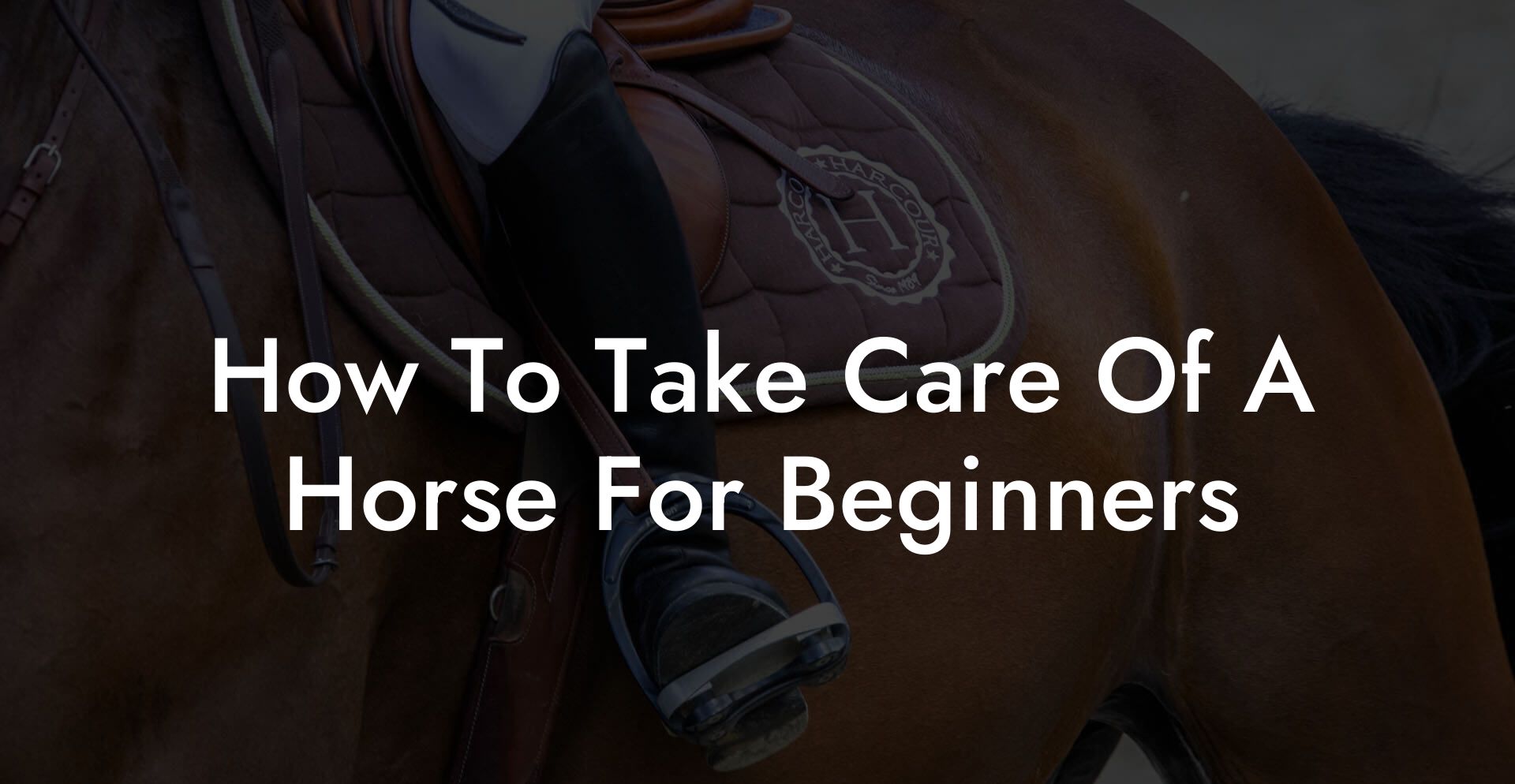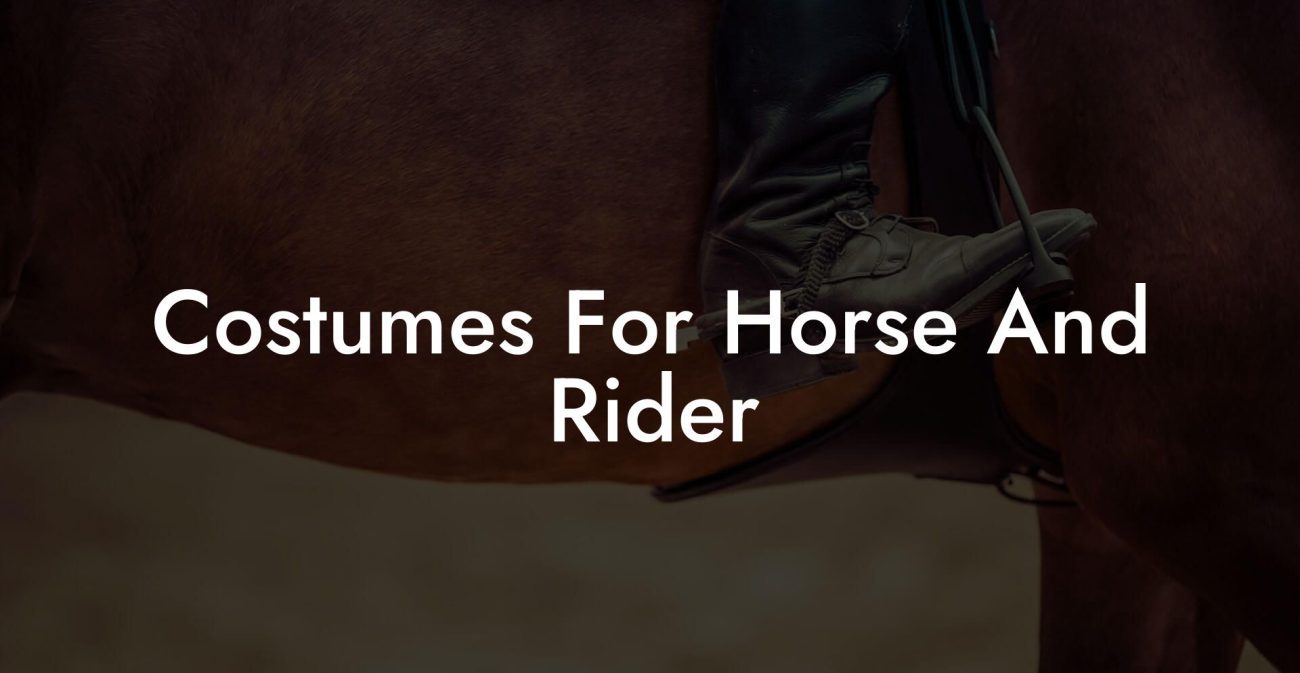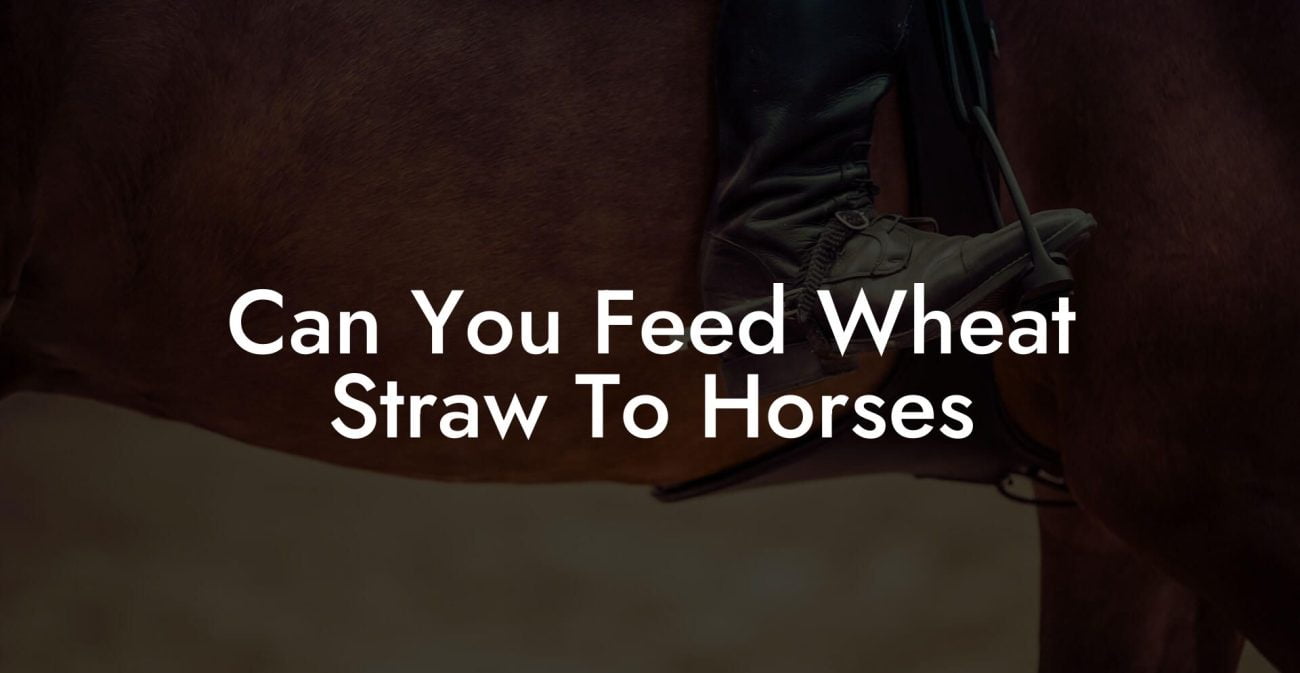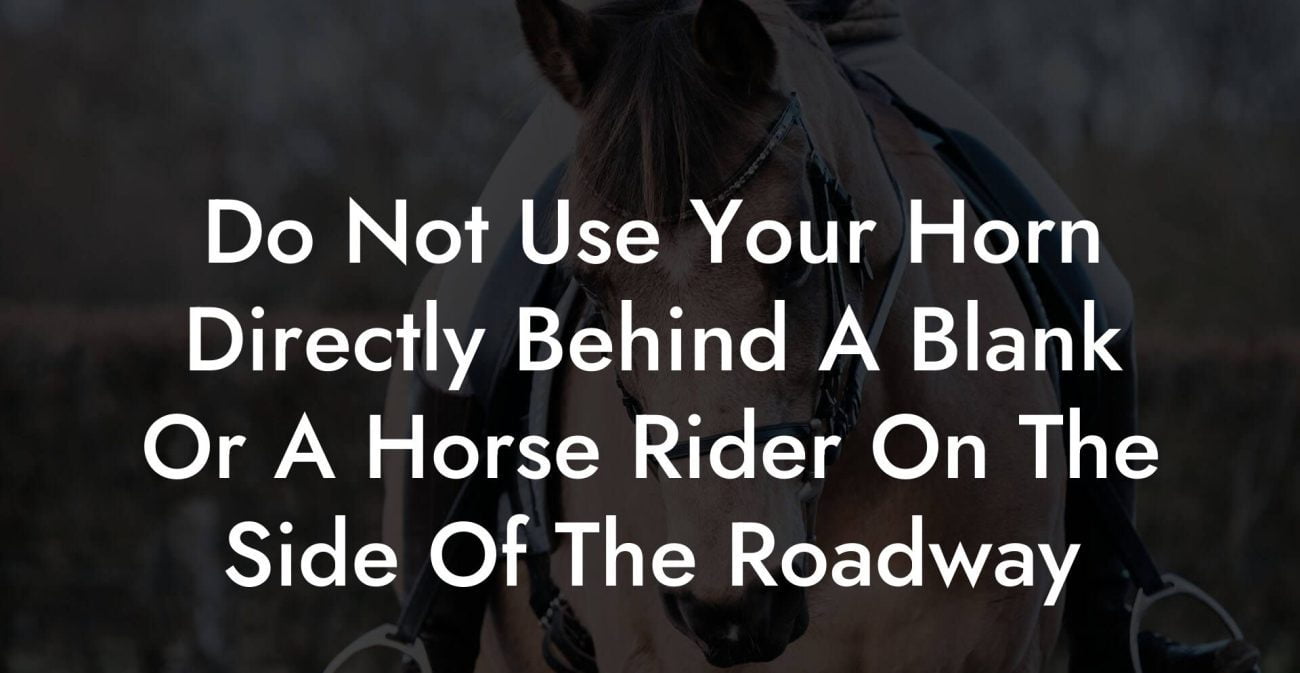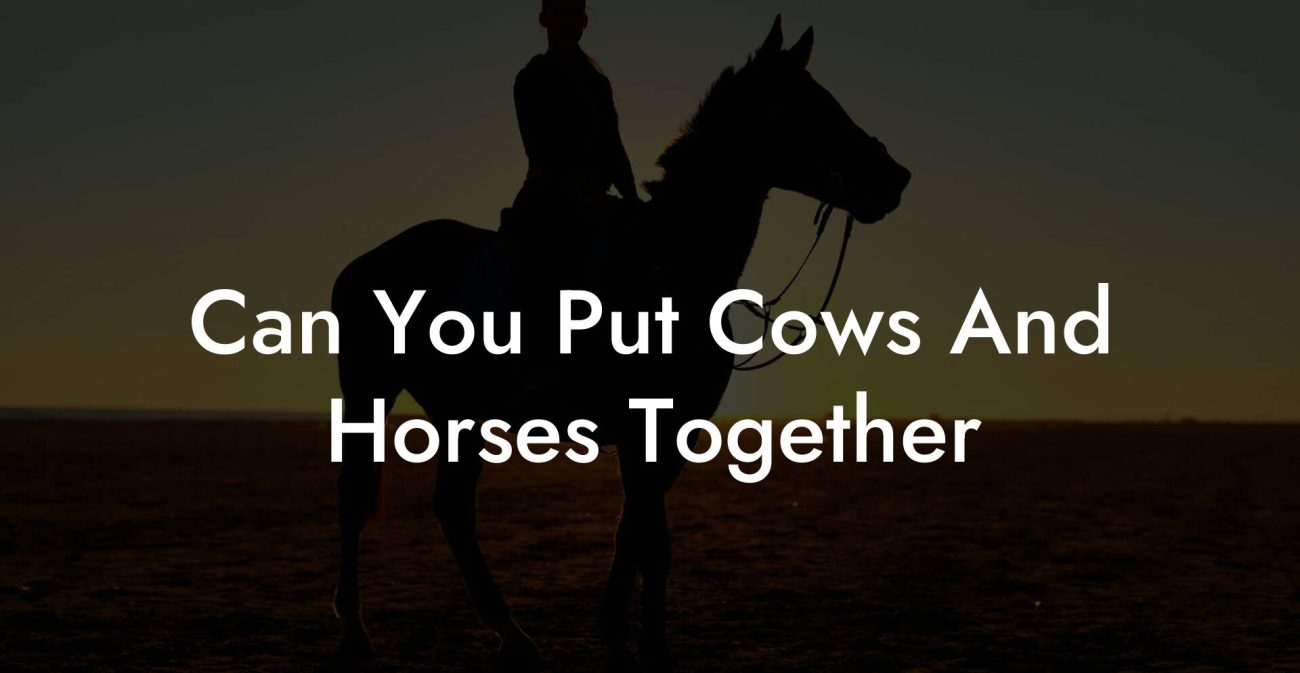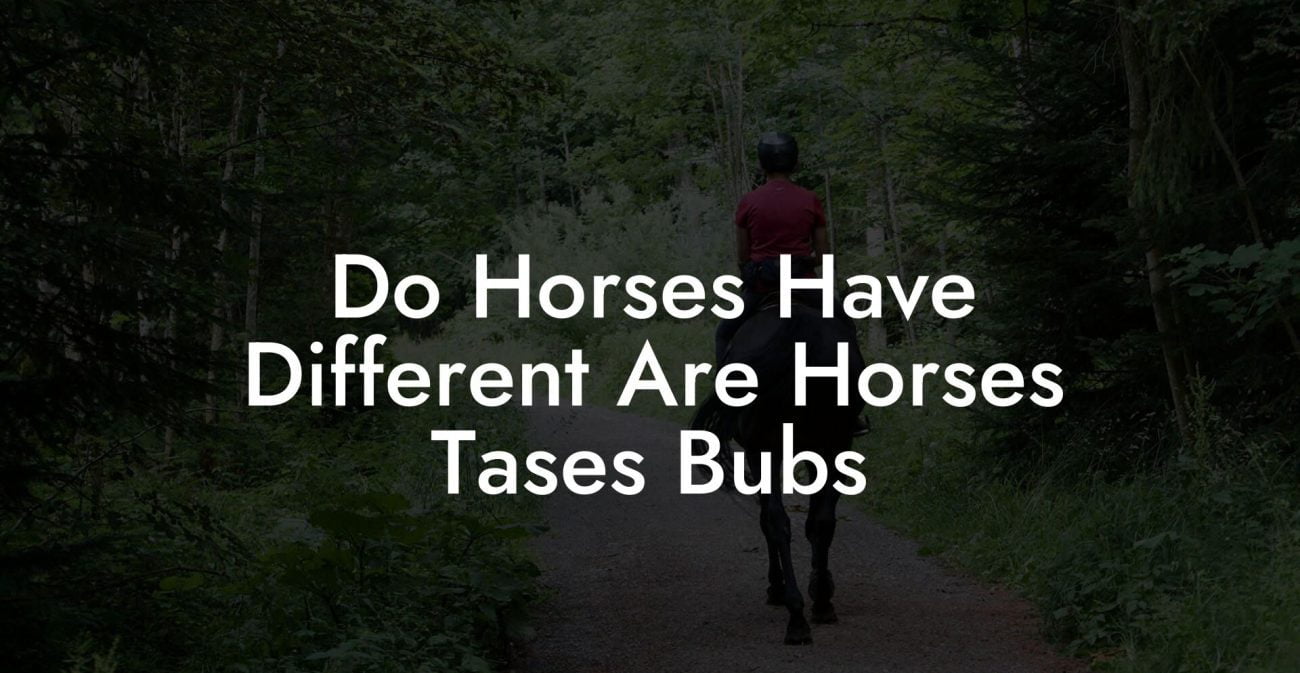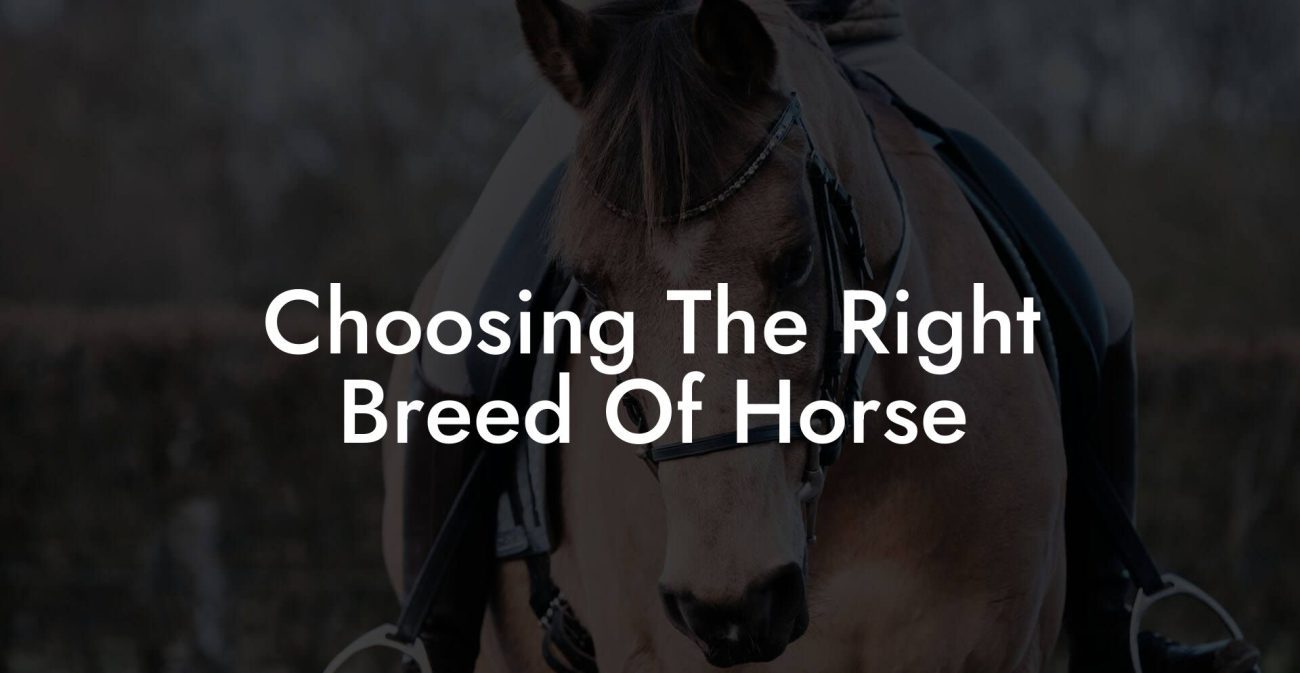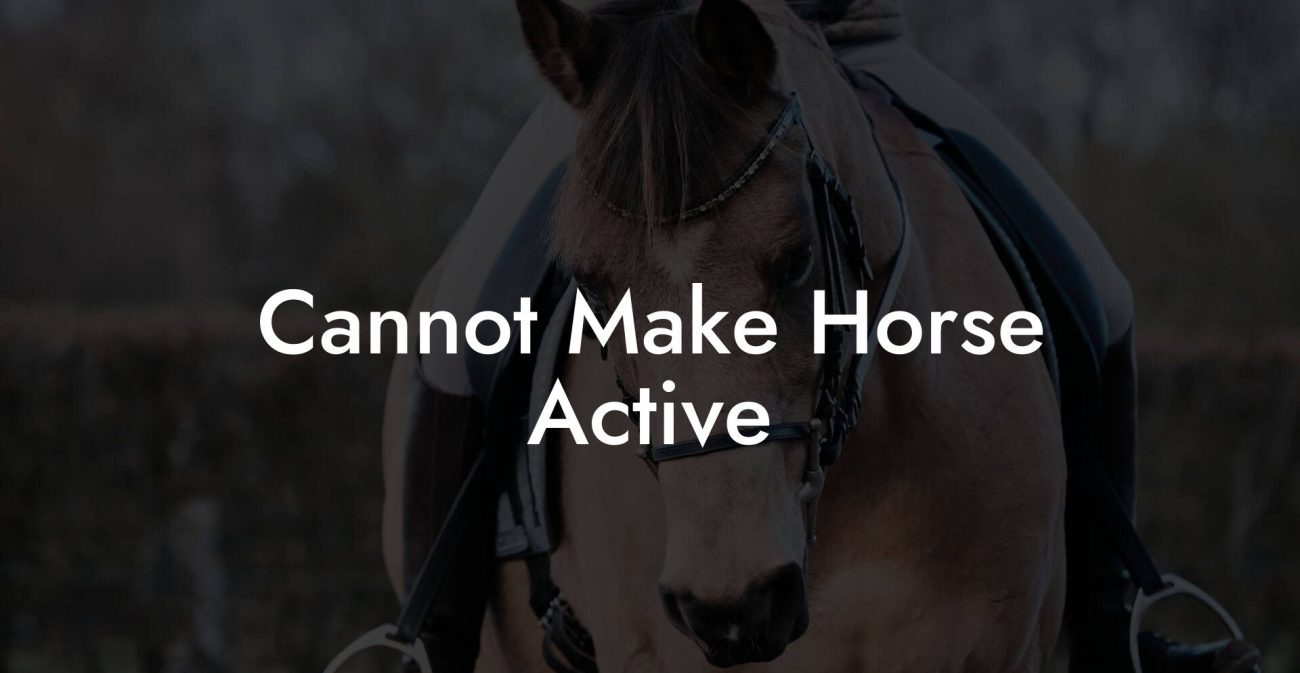Saddle up and get ready to dive into the wild, wonderful world of horse care! Whether you’re a curious beginner or a daring millennial chasing that equestrian dream, this guide is your trusty map to understanding every hoofbeat of horse care, from grooming secrets and nutritional know‐how to training tips that spark a true bond between you and your equine BFF.
Quick Links to Useful Sections
- Getting to Know Your Equine Partner: An Introduction to Horse Care
- The Basics of Horse Anatomy and Behavior
- Anatomy 101: What Makes a Horse Tick?
- Behavior and Communication: Reading Your Horse’s Mind
- Equine Nutrition: Feeding Your Horse for Optimal health
- The Fundamentals of Equine Diet
- Hydration and Mineral Balance
- Stable and Barn Management: Creating a Safe Haven for Your Horse
- Designing the Perfect Home
- Routine Maintenance of the Stable
- Grooming 101: Keeping Your Horse Clean and Confident
- Why Grooming Matters
- Essential Grooming Equipment
- Seasonal Grooming Tips
- Horse Health and First Aid: Staying Ahead of Common Issues
- Recognizing Common Ailments
- Building Your Equine First Aid Kit
- Preventative Care and Regular Vet Visits
- Horse Training for Beginners: Building a Lasting Connection
- Establishing Trust and Communication
- Core Training Techniques for Beginners
- Exercise and Turnout: Keeping Your Horse Fit and Happy
- Creating an Exercise Routine
- Turnout Benefits and Best Practices
- Equipment and Tack: Essential Gear for Every Beginner
- Must-Have Gear for Beginners
- Maintenance and Storage Tips
- Safety and Handling: Avoiding Common Pitfalls
- Best Practices for Safe Horse Handling
- Resources and Community Support: Your Next Steps
- Local Stables, Clubs, and Riding Schools
- Online Forums and Social Media Groups
- Books, Podcasts, and YouTube Channels
- Stories from the Stable: Real-Life Case Studies
- Case Study 1: From Nervous Novice to Confident Caretaker
- Case Study 2: Reinventing a Hobby as a Lifestyle
- Case Study 3: Turning Challenges into Triumphs
- Developing Your Personalized Horse Care Plan
- Step 1: Assess Your Horse’s Needs
- Step 2: Set Clear Goals
- Step 3: Integrate Multiple Modalities
- Step 4: Routine, Record, and Reflect
- Equine First Aid and Emergency Preparedness
- Preparing for the Unexpected
- Basic First Aid Techniques
- Equipment Upkeep, Routine Inspections, and Ongoing Learning
- Equine Behavior and Mental Health: Nurturing Your Horse’s Inner World
- FAQs: Your Horse Care Questions Answered
- Your Journey to Confident, Compassionate Horse Care
Getting to Know Your Equine Partner: An Introduction to Horse Care
There’s something magical about a horse, a majestic animal that exudes strength, grace, and an unapologetic sense of freedom. But taking care of such a magnificent creature is more than just feeding, grooming, and riding. It’s about building a relationship based on trust, respect, and empathy. In this guide, you’ll uncover the essentials of horse care for beginners, with practical advice delivered in a fresh, down-to-earth style that resonates with Gen-Z and millennial adventurers.
From understanding equine nutrition and stable management to mastering grooming techniques and basic training, we’re here to take the guesswork out of horse care. We’ve packed this guide with expert tips and a sprinkle of humor to ensure that even if you’re new to the stable, you’ll be well on your way to mastering life with your four-legged companion.
Whether your goal is to bond with your future pony partner, launch a new hobby, or just impress your friends at the next barn gathering, read on to learn how to take care of a horse like a pro.
The Basics of Horse Anatomy and Behavior
Before you break out the brush and feed bucket, it helps to understand the creature you’re about to care for. Horses are more than just beautiful bodies; they’re complex animals with unique anatomical features and behaviors that make them both fascinating and challenging. Recognizing your horse’s natural signals is the first step in becoming a confident caretaker.
Anatomy 101: What Makes a Horse Tick?
Horses have a remarkable anatomy that is designed for speed, agility, and endurance. Their long, muscular legs allow them to cover ground quickly, while their large, sensitive ears let them pick up subtle cues from their surroundings. Here are a few key anatomical features:
- Hooves: The foundation of every horse’s movement. Proper hoof care and regular trimming are essential.
- Mane and Tail: Not just for style, these also play a role in communication and protection from insects.
- Teeth: Equine dental care is critical for ensuring that your horse can chew and digest its food properly.
- Musculature: Efficient movement and balance, which can be enhanced with regular exercise and the right nutrition.
Understanding these basics will help you notice when something might be off, from a chipped hoof to a sign of discomfort. With regular observations, you’ll learn to speak "horse" almost as fluently as you speak your native tongue.
Behavior and Communication: Reading Your Horse’s Mind
Horses communicate largely through body language. They are instinctively social animals that rely on subtle cues such as ear position, tail movement, and posture. Paying close attention to these signals helps you build a strong, respectful bond. For example:
- A relaxed, swishing tail may indicate a happy, calm state.
- Pinned ears or sudden shifts in posture might signal discomfort or alertness.
- A gentle nudge with the muzzle is often a form of affection or a request for attention.
As you spend more time with your horse, you’ll gradually decode these nonverbal cues, transforming routine care into a dialogue of mutual respect and trust.
Equine Nutrition: Feeding Your Horse for Optimal health
Nutrition is key to maintaining your horse’s health and vitality. Feeding your equine friend isn’t just about filling their stomach; it’s about providing the right balance of nutrients to support longevity, strength, and overall happiness. Let’s gallop through the essentials of equine nutrition.
The Fundamentals of Equine Diet
A horse’s digestive system is designed to process small, frequent meals rather than one or two big ones. This means your feeding strategy should mimic their natural grazing habits:
- Pasture Grass: It should be the cornerstone of your horse’s diet. Fresh, lush pasture provides essential fiber and nutrients.
- Hay: When grass isn’t available or during seasonal changes, high-quality hay is a solid alternative. Alfalfa and timothy hays serve different nutritional needs.
- Grains and Concentrates: Use these sparingly. They can provide extra calories and nutrients, especially for performance horses, but too many can upset the delicate balance of the gut.
- Supplements: Vitamins, minerals, and probiotics may be necessary, depending on your horse’s age, activity level, and health status.
Keywords like "horse care for beginners" and "equine nutrition" naturally integrate into your learning process as you sift through resources and consult with equine nutrition experts.
Hydration and Mineral Balance
Just as hydration is non-negotiable for humans, water is life for horses. A well-hydrated horse will have a shiny coat, clear eyes, and a healthy digestive system. Generally, horses need around 10-12 gallons of water per day, but this can increase with exercise and warm weather.
Don’t forget about salt and mineral licks, especially those designed for equine diets. They help maintain electrolyte balance and can prevent many common deficiencies.
Maintaining the right balance in your horse’s diet is akin to knowing the perfect playlist for a road trip, get it right, and the journey is smooth and exhilarating. Overindulging in grains without adequate fiber is like playing a song on repeat; it gets boring and can lead to digestive issues.
Stable and Barn Management: Creating a Safe Haven for Your Horse
A horse’s home is its castle. Your stable or barn should be more than just a shelter, it should be a secure, comfortable environment that supports your horse’s physical and mental well-being. As you embark on your horse care journey, paying attention to stable management is a non-negotiable part of the process.
Designing the Perfect Home
When it comes to setting up a stable, functionality and safety are king. Here are a few crucial points:
- Ventilation: Good airflow is critical to prevent respiratory issues and maintain a healthy environment.
- Space: Ensure there is ample room for your horse to stand, move, and turn around comfortably. Crowded stalls can lead to stress and injury.
- Cleanliness: A clean stable reduces the risk of infections and supports overall health. Daily removal of manure, routine washing, and periodic deep cleans are a must.
- Safety: Avoid sharp edges and unstable structures. Ensure that feeders, waterers, and equipment are securely installed.
Routine Maintenance of the Stable
Regular maintenance is crucial. Think of it like updating your favorite app, you want everything running smoothly with minimal glitches! Here are some maintenance hacks:
- Daily Tasks: Sift through the stable to remove any manure, check water buckets, and inspect for any hazards.
- Weekly Tasks: Deep clean the stalls, replace bedding, and disinfect equipment. This extra step can ward off infections and pests.
- Monthly/Seasonal Tasks: Conduct thorough inspections for structural integrity, update ventilation systems, and adjust for seasonal changes such as colder winters or rainy summers.
Creating a sanctuary for your horse isn’t just about the aesthetics, it’s about ensuring your companion lives in a safe environment that actively contributes to its health and happiness.
Grooming 101: Keeping Your Horse Clean and Confident
Grooming is one of the most enjoyable and essential aspects of horse care. It’s your chance to bond with your horse while keeping it looking sharp, healthy, and ready to trot into any adventure.
Why Grooming Matters
Regular grooming not only enhances your horse’s appearance but also serves several practical purposes:
- Health Monitoring: A thorough grooming session lets you inspect your horse for cuts, abrasions, or any signs of skin irritation and infection.
- Bonding Time: Grooming is an excellent way to build trust, providing a quiet time where you and your horse can connect without distractions.
- Skin and Coat Care: Brushing helps distribute natural oils along the coat, which protects the skin and creates that enviable shine.
Essential Grooming Equipment
To get started, stock your toolkit with these must-have grooming items:
- Body Brush: Choose a brush with firm bristles to remove dirt and dust.
- Curry Comb: Ideal for loosening debris and stimulating blood flow in the skin.
- Hoof Pick: An indispensable tool for cleaning your horse’s hooves and removing rocks and debris.
- Manicure Gloves: These gloves are perfect for reaching those hard-to-brush areas and provide a gentle massage during grooming.
Establishing a consistent grooming routine not only keeps your horse healthy and vibrant but also deepens your mutual trust. Remember, every brush stroke is like a little pat on the back for your equine friend!
Seasonal Grooming Tips
Just as your favorite outfit changes with the seasons, so should your grooming routine. In the summer, focus on keeping the horse cool and free of pests by using fly sprays and ensuring their coat is not matted. As winter approaches, more frequent grooming can help manage shedding and keep the coat in tip-top shape.
Horse Health and First Aid: Staying Ahead of Common Issues
When it comes to horse care, being proactive about health issues is akin to having an emergency toolkit in your back pocket. Getting familiar with basic equine first aid and understanding common health challenges will help you keep your horse in the best possible shape.
Recognizing Common Ailments
Horses, like humans, can encounter a range of health issues. Knowing what to look for can make all the difference:
- Cuts and Abrasions: Minor injuries can become problematic if not treated promptly. Keep your first aid kit stocked and accessible.
- Colic: An all-too-common emergency in horses, colic is a sign of digestive distress. Learn the symptoms and emergency actions required to assist your horse.
- Respiratory Issues: A stable with poor ventilation can lead to breathing problems. Regularly check for signs of coughing or labored breathing.
- Insect Bites and Allergies: These can cause skin irritations. Use natural remedies and consult with your vet if reactions worsen.
Building Your Equine First Aid Kit
A well-stocked first aid kit is your first line of defense in emergencies. Here are some essentials to include:
- Antiseptic solutions or sprays
- Bandages and wraps
- Cold packs for injuries
- Gauze and adhesive tape
- Digital thermometer and stethoscope for basic checks
- Equine-specific medications or supplements (as recommended by a vet)
Regularly check your kit to ensure all items are within their expiration dates and replace anything that’s been used or compromised.
Preventative Care and Regular Vet Visits
No matter how diligent you are, a vet should always be a regular part of your horse care plan. Routine check-ups, vaccinations, dental exams, and deworming schedules are essential segments to maintain your horse’s well-being.
Remember, early detection is key in preventing big problems. Building a good rapport with your veterinarian will allow you to catch small issues before they become serious. This proactive approach not only saves money but ensures your horse remains happy and healthy.
Horse Training for Beginners: Building a Lasting Connection
Training your horse is more than teaching it to canter in circles down the paddock, it’s about forging a deep, respectful bond. Approaching training with patience, humor, and consistency will yield amazing results.
Establishing Trust and Communication
The first step in any successful training program is establishing trust. Horses are sensitive creatures; even small gestures can say “I got you.” Start by:
- Spending quiet time together in the round pen
- Using soft-spoken cues and clear body language
- Rewarding positive behavior with treats or a gentle pat
This foundation of trust is the bedrock of a rewarding relationship that transforms training sessions into enjoyable experiences.
Core Training Techniques for Beginners
Once you’ve built trust, it’s time to move onto the basics. Here are some fundamental training techniques:
- Leading and Haltering: Learning how to correctly lead a horse with a halter is essential. It teaches your horse to respond calmly to your cues.
- Groundwork: Exercises such as lunging and long-lining help improve communication, build muscle memory, and allow you to evaluate your horse’s behavior from a distance.
- Desensitization: Exposing your horse gradually to new objects and environments helps reduce fear responses and increases confidence.
- Basic Commands: Teaching simple commands like “walk,” “trot,” and “stop” establishes a language that both you and your horse can understand.
Remember, training is a journey, not a race. Celebrate small victories and never underestimate the power of patience. A little humor and a lot of consistency will transform every training session into a shared adventure.
Exercise and Turnout: Keeping Your Horse Fit and Happy
Like us, horses love to move! Regular exercise and proper turnout are key ingredients in keeping your horse in peak condition, physically, mentally, and emotionally.
Creating an Exercise Routine
The exercise needs of a horse vary with age, breed, and activity level. For a beginner’s horse, consider a balanced mix of:
- Light Lunging: It not only builds strength and coordination but also improves responsiveness to your commands.
- Trail Rides: Exploring different terrains can stimulate your horse’s mind while offering physical benefits.
- Ground Poles and Obstacles: Incorporating obstacles in a controlled manner develops agility and confidence.
Every workout session is an opportunity to learn more about your horse’s abilities and preferences. Think of it as cardio with a side of adventure!
Turnout Benefits and Best Practices
Turnout time isn’t just a break from the stable, it’s a necessary part of a horse’s daily routine. Allowing your horse to graze, socialize, and explore the outdoors does wonders for its mental health.
- Social Interaction: Horses are herd animals. Time spent with other horses strengthens their social skills and decreases stress levels.
- Natural Exercise: Grazing and free movement help maintain muscle tone and provide variety to their routine.
- Mental Stimulation: New sights, sounds, and smells keep your horse’s mind active, reducing boredom and behavioral problems.
Even a short daily turnout can lead to remarkable differences in your horse's overall happiness and health. Just think of it as your horse’s daily dose of sunshine and fresh air.
Equipment and Tack: Essential Gear for Every Beginner
Whether you’re heading to the arena or simply taking a leisurely trot around the pasture, having the right equipment is crucial. The world of horse tack can seem intimidating at first, but knowing what you need, and how to care for it, makes all the difference.
Must-Have Gear for Beginners
When setting up your equine toolkit, start with these essentials:
- Halter and Lead Rope: Choose a durable, well-fitting halter that makes handling your horse a breeze.
- Saddle and Bridle: Even if you’re not riding yet, learning about different types of saddles and bridles can help you make informed choices as you progress.
- Grooming Kit: As discussed earlier, a basic grooming kit is essential for daily care.
- Blankets and Sheets: Depending on your climate, these can help regulate your horse’s body temperature.
- Protective Boots: Especially for younger horses or those in training, boots can prevent injuries during exercise.
Investing in quality tack not only ensures the safety and comfort of your horse but also solidifies your commitment to being a thoughtful caretaker.
Maintenance and Storage Tips
Proper care of your equipment extends its lifespan and keeps your horse safe. Here are some quick tips:
- Clean and condition leather gear regularly to prevent cracking and drying out.
- Store equipment in a dry, cool place away from direct sunlight.
- Inspect tack frequently for signs of wear or damage, and repair or replace as needed.
With well-maintained equipment, every ride and grooming session becomes safer and more enjoyable.
Safety and Handling: Avoiding Common Pitfalls
Handling horses safely is crucial, for both you and your equine friend. While horses are gentle giants, they can be unpredictable if not approached with proper techniques and respect. Whether you’re preparing for lessons or dealing with routine tasks, these safety guidelines will help you steer clear of common mistakes.
Best Practices for Safe Horse Handling
Keeping safety in mind is as important as any other aspect of horse care. Here are some tried-and-true safety tips:
- Stay Calm: Horses are incredibly sensitive to human emotions. If you’re nervous, they’ll pick up on it. Approach every interaction with calm confidence.
- Use Proper Body Language: Direct eye contact can be interpreted as a challenge. Instead, keep a relaxed posture and use gentle gestures.
- Approach from the Side: Avoid approaching a horse head-on. Always approach from the side, where the animal can see you coming.
- Wear Protective Gear: Helmets, boots, and appropriate riding attire go a long way in ensuring your safety during rides or training sessions.
- Know Your Limits: Just as you wouldn’t overload a truck, don’t push your horse past its comfort zone. Respect its signals and give it time to adapt.
By following these guidelines, you'll cultivate a respectful and safe environment that minimizes risks for everyone involved.
Resources and Community Support: Your Next Steps
Embarking on your horse care journey is an adventure best shared. Connecting with a community of fellow enthusiasts can provide invaluable insights, support, and encouragement as you navigate the ups and downs of equine care.
Local Stables, Clubs, and Riding Schools
Many communities boast a network of stables and riding schools where beginners can get hands-on experience. These institutions often offer workshops and introductory courses that cover everything from basic grooming and feeding to handling and riding techniques.
Online Forums and Social Media Groups
The digital age has connected horse lovers from around the globe. Join online communities, Facebook groups, or Instagram communities dedicated to beginner horse care. Not only can these platforms provide tips and tutorials, but they also offer a space to share your successes (and hilarious mishaps) with likeminded enthusiasts.
Books, Podcasts, and YouTube Channels
The world of equine education is vast. Look for books written by reputable equine experts, subscribe to podcasts that dive into horse health and behavior, and follow YouTube channels with practical how-to videos. Keywords like “horse grooming tips,” “equine first aid for beginners,” and “horse training basics” are great starting points for your search.
Tapping into these resources not only enriches your knowledge but also reinforces your confidence as a beginner. Remember, even the best riders started exactly where you are now, full of enthusiasm and ready to learn.
Stories from the Stable: Real-Life Case Studies
There’s nothing like a good success story to inspire you on your journey. Let’s trot through a few real-life case studies of beginners who embraced horse care and transformed their experiences into lifelong passions.
Case Study 1: From Nervous Novice to Confident Caretaker
Emily, a college student with a hectic schedule and zero previous horse experience, decided to volunteer at a local stable. Initially overwhelmed by the daily routine of feeding, grooming, and basic training, she immersed herself in every learning opportunity. With guidance from experienced riders and a community that welcomed her questions (no matter how silly they sounded), Emily soon mastered the art of horse handling. Today, she not only cares for a beautiful mare but also volunteers as an assistant trainer at her stable.
Case Study 2: Reinventing a Hobby as a Lifestyle
Jake, a tech-savvy millennial with a knack for social media, began documenting his journey of learning how to take care of a horse on Instagram. His mix of humorous anecdotes, practical tips, and behind-the-scenes looks at stable life won him a growing follower base. Now, Jake collaborates with local stables, sharing his content and inspiring other young enthusiasts to explore the rewarding world of horse care.
Case Study 3: Turning Challenges into Triumphs
When Lisa adopted her first horse, she encountered numerous challenges, from coping with the horse’s unpredictable temperament to managing the ever-changing stable routine. By embracing continuous learning, attending workshops, joining online forums, and even experimenting with traditional herbal remedies to soothe her horse’s mild colic, Lisa transformed every obstacle into an opportunity. Her perseverance not only improved her horse’s well-being but also led her to become a trusted advisor in her local horse community.
These stories remind us that every expert was once a beginner. If they can overcome their challenges with perseverance, humor, and a willingness to learn, so can you!
Developing Your Personalized Horse Care Plan
Crafting a care plan that suits both you and your horse is the cornerstone of sustainable horse management. Just like building the ultimate playlist for your daily commute, your horse care plan should be a mix of routines, check-ins, and occasional improvisations to keep things exciting.
Step 1: Assess Your Horse’s Needs
Start with a thorough evaluation of your horse’s current health, behavior, and physical environment. Observe your horse’s eating habits, grooming needs, energy levels, and any behavioral quirks. Over time, these observations will help you spot patterns and identify areas that might need extra attention.
Step 2: Set Clear Goals
Whether it’s improving your horse’s fitness, maintaining pristine grooming, or building a stronger bond, setting concrete, measurable goals can help you stay on track. Write these down, and celebrate small wins along the way.
Step 3: Integrate Multiple Modalities
Horse care isn’t one-size-fits-all. Mix together various elements, from regular exercise, balanced nutrition, and routine grooming to specialized training and veterinary check-ups, to create a comprehensive care plan. Remember, your plan should offer flexibility, allowing adjustments based on your horse’s evolving needs.
Step 4: Routine, Record, and Reflect
Create a daily, weekly, or monthly schedule that incorporates feeding, grooming, exercise, and downtime. Keep a journal of your horse care activities; this will not only help you track progress but also serve as a cherished record of your journey together.
By tailoring a care plan that reflects both your horse’s personality and your own lifestyle, you set the stage for long-term success and mutual happiness.
Equine First Aid and Emergency Preparedness
Even with the best preparations, accidents can happen. As a responsible horse caretaker, it’s essential to be ready for emergencies. Knowing the basics of equine first aid can be a lifesaver, both for your horse and for you.
Preparing for the Unexpected
Accidents in the stable or on the trail can occur at any time. From slips and falls to minor cuts and scrapes, being prepared means having a plan of action. Learn the fundamentals of equine first aid and keep your contact details for a trusted veterinarian handy.
Basic First Aid Techniques
Some core first aid techniques include cleaning and bandaging wounds, using cold packs to reduce swelling, and recognizing early signs of more significant issues like colic or laminitis. Consider taking a certified equine first aid course, it’s an investment in your horse’s safety and your confidence as a caretaker.
An ounce of prevention is worth a pound of cure, so stay proactive by continually updating your first aid knowledge and periodically checking your kit’s contents.
Equipment Upkeep, Routine Inspections, and Ongoing Learning
Your horse care journey is a living, breathing process that requires continuous learning and maintenance. Regular inspections of your horse’s living space, equipment, and even your own skills as a caretaker are integral to long-term success.
Embrace every opportunity to improve, attend workshops, ask for advice from seasoned professionals, and never hesitate to experiment with new techniques (safely and thoughtfully, of course). The world of horse care is ever-evolving, and staying curious will keep you and your horse ahead of the game.
Equine Behavior and Mental Health: Nurturing Your Horse’s Inner World
Just like us, horses experience emotions. Nurturing your horse’s mental health is as important as taking care of its physical needs. From boredom to anxiety, horses can face a variety of emotional challenges, especially if their daily routine is monotonous or overly stressful.
Enrich your horse’s life by providing opportunities for social interactions, environmental enrichment, like toys or varied terrain, and consistent daily routines. Spend a few extra minutes each day getting to know your horse’s moods and preferences, and adapt your care plan accordingly. Your efforts to understand its inner world will deepen your mutual bond and promote a lasting sense of well-being.
FAQs: Your Horse Care Questions Answered
Here are some of the most frequently asked questions by beginners learning how to take care of a horse. Dive in to find clear, straightforward answers that can guide you on your equine journey.
1. What is the most important aspect of horse care for beginners?
Building a strong bond with your horse through gentle handling, consistent grooming, and understanding its behavior is fundamental. From there, focus on proper nutrition, routine exercise, and regular vet check-ups.
2. How do I choose the right food for my horse?
Always base your horse’s diet on quality pasture and hay, supplemented with grains and nutritional additives as needed. Consult with an equine nutritionist to tailor a plan to your horse’s specific needs.
3. How often should I groom my horse?
Daily brushing is ideal to maintain a clean coat and build trust. Depending on the weather and your horse’s activity level, you may need to adjust your routine for optimal health.
4. What are some common safety tips when handling horses?
Always approach from the side, maintain confident yet calm body language, and ensure you wear protective gear like helmets and proper boots. Understanding your horse’s body language is also key to averting accidents.
5. How can I prevent common health issues in my horse?
A balanced diet, regular vet visits, proper stable maintenance, and attentive grooming are vital to keeping health issues at bay. Additionally, learning basic equine first aid can help address small problems before they escalate.
6. Are there online communities or resources for beginner horse care?
Absolutely! From Facebook groups and Instagram communities to YouTube tutorials and dedicated equine blogs, there are countless resources to help you learn and share experiences with fellow horse enthusiasts.
7. How do I know if my horse is happy and healthy?
A healthy horse displays a shiny coat, clear eyes, consistent eating habits, and receptive behavior during grooming and training. Regular observation helps you catch any subtle changes early on.
8. Can I start horseback riding as a beginner?
Yes, many stables offer beginner riding lessons. It’s important that you start with groundwork and basic handling before progressing to riding. Safety and proper instruction are paramount.
9. How do I deal with a nervous or unpredictable horse?
Patience and consistency are key. Gradual desensitization exercises, a calm approach, and positive reinforcement can help your horse overcome nervous behavior.
10. What is the best way to get started with equine care if I have no prior experience?
Begin with hands-on volunteering at a local stable or riding school, join online forums, and educate yourself with reliable resources. Building practical experience and nurturing a network of supportive experts can make all the difference.
Your Journey to Confident, Compassionate Horse Care
Embracing horse care is more than just following a set of instructions, it’s a journey of love, commitment, and endless discovery. Each moment spent caring for your horse deepens the bond between you and enriches your life with a sense of purpose and adventure.
Whether it’s mastering the fine art of grooming, nailing that perfect feeding schedule, or simply enjoying a quiet moment in the barn, every experience forms a vital chapter in your equine story. With each day, you’ll not only improve your horse’s quality of life but also evolve as a caretaker, building a legacy of compassion and dedication.
Now that you’re armed with practical tips, inspiring stories, and a treasure trove of resources, the next step is yours to take. Embrace the rollercoaster ride of horse care with confidence and enthusiasm, knowing that every challenge is an opportunity and every success is a celebration.
So, saddle up, your incredible journey to confident, compassionate horse care starts right now. Welcome to a life where passion meets practice, and where every hoofbeat carries you closer to mastering the art of caring for one of nature’s most beautiful creatures.

